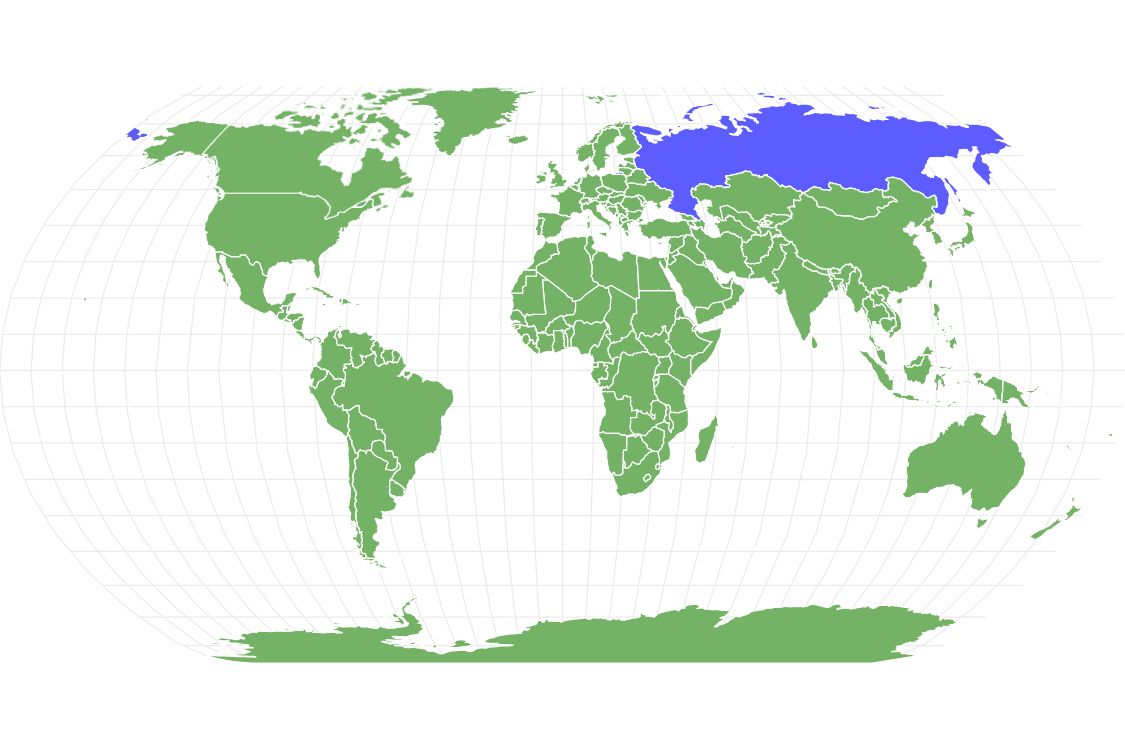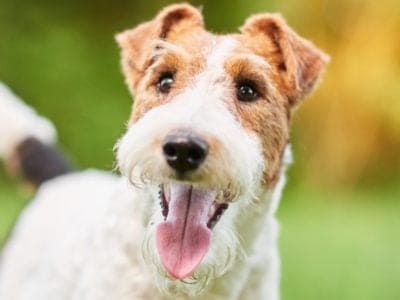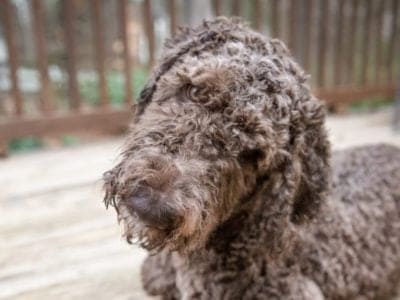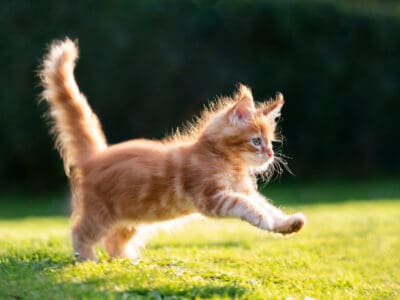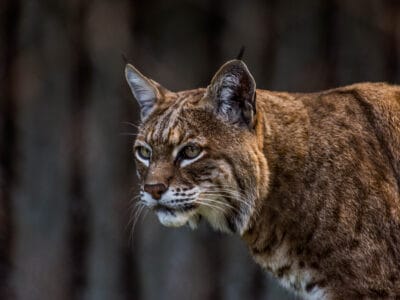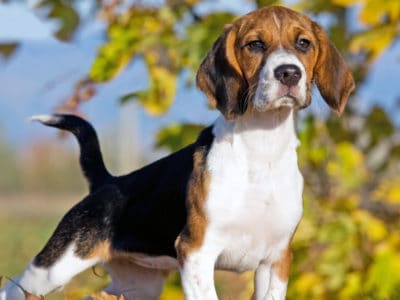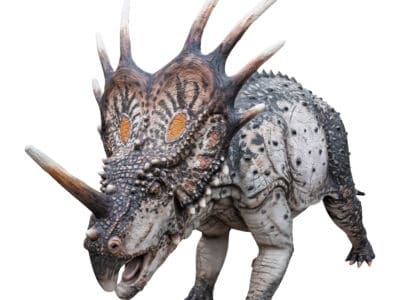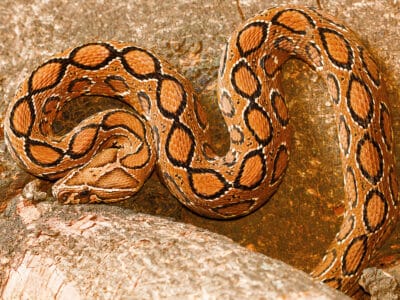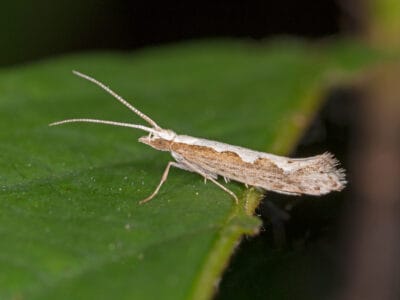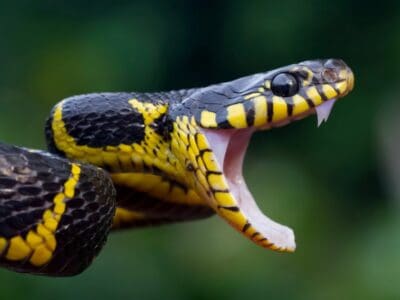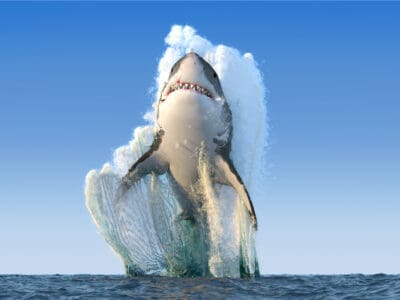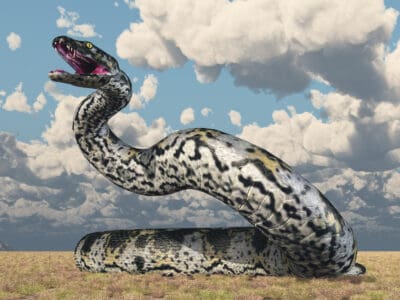Russian Bear Dog
.jumbotron {
background-image: url(“https://a-z-animals.com/media/2021/05/Russian-Bear-Dog-header-400×300.jpg”);
}
}
@media only screen and (min-width: 641px) and (max-width: 920px) {
.jumbotron {
background-image: url(“https://a-z-animals.com/media/2021/05/Russian-Bear-Dog-header-470×370.jpg”);
}
}
@media only screen and (min-width: 921px) {
.jumbotron {
background-image: url(“https://a-z-animals.com/media/2021/05/Russian-Bear-Dog-header.jpg”);
}
}
Russian Bear Dog
Canis lupus
The bite of a Russian Bear Dog is stronger than a lion’s bite.
Russian Bear Dog Scientific Classification
- Kingdom
- Animalia
- Phylum
- Chordata
- Class
- Mammalia
- Order
- Carnivora
- Family
- Canidae
- Genus
- Canis
- Scientific Name
- Canis lupus
Read our Complete Guide to Classification of Animals.
Russian Bear Dog Conservation Status
Russian Bear Dog Facts
- Fun Fact
- The bite of a Russian Bear Dog is stronger than a lion’s bite.
- Temperament
- Bold and Fearless
- Diet
- Omnivore
.checked {
color: yellow;
}
Russian Bear Dog as a Pet:
- General Health
- Energy Level
- Shedability
- Trainability
- Intelligence
- Tendency to Chew
- Size
- Family and kid friendliness
- Yappiness / Barking
- Moderate
- Separation Anxiety
- Moderate
- Preferred Temperature
- Cold climate
- Exercise Needs
- Moderate
- Friendly With Other Dogs
- Poor
- Pure bred cost to own
- $1,000 to $2,000
- Dog group
- Non-sporting
- Male weight
- 99-170 lbs
- Female weight
- 99-170 lbs
This post may contain affiliate links to our partners like Chewy, Amazon, and others. Purchasing through these helps us further the A-Z Animals mission to educate about the world’s species..

Spiders that fly! Fish that walk! And 1000+ more incredible animals. Discover them all for FREE
.photo-gallery {
–margin: 0px auto 0px;
–padding: 0px 0px 0px 0px;
}
.gallery-link {
background-image: url(“https://a-z-animals.com/media/2021/05/Russian-Bear-Dog-closeup-1024×535.jpg”);
background-repeat: no-repeat;
background-size: cover;
background-position: center;
height: 500px;
justify-content: center;
text-align: center;
align-items: center;
display: flex;
border: 2px solid #000;
}
.gallery-link img {
height: 50%;
}
@media only screen and (max-width: 768px) {
.gallery-link {
height: 300px !important;
}
}
View all of the Russian Bear Dog images!
The bite of a Russian Bear Dog is stronger than a lion’s bite.
Russian Bear Dogs, commonly referred to as Caucasian Shepherd Dogs, were originally bred to protect flocks of sheep in the Caucasus Mountain region. This breed is sometimes also used when hunting bears. They are a very large breed, with some dogs weighing around 200 pounds, and have very strong protective instincts.
See all of our expert product reviews.
Due to their size and these protective instincts, Russian Bear Dogs are best suited for homes with experienced owners and will require a lot of training. However, when they get this training, they can be quite loving and affectionate to the people in their family. Russian Bear Dogs may also be referred to as Caucasian Mountain Dogs, Baskhan (Karachay) Pariy, Caucasian Ovcharka Dogs, or CO.
button.pulse {
transform: scale(1); animation: pulse 2s infinite;
box-shadow: 0 0 0 0 rgba(11, 247, 25, 1);
}
@keyframes pulse {
0% { transform: scale(0.90); box-shadow: 0 0 0 0 rgba(11, 247, 25, 0.5); }
60% { transform: scale(1); box-shadow: 0 0 0 15px rgba(11, 247, 25, 0); }
100% { transform: scale(0.90); box-shadow: 0 0 0 0 rgba(11, 247, 25, 0); }
}
Owning a Russian Bear Dog: 3 Pros and Cons
| Pros! | Cons! |
|---|---|
| Loyal and Protective: A Caucasian Ovcharka Dog is loyal and protective of the people he loves. | Challenging to train: These dogs can be quite stubborn and challenging to train. They do best with an experienced trainer. |
| Affectionate: Caucasian Mountain Dogs can be very affectionate with their family members. | Distrusting of strangers: Caucasian Ovcharka Dogs do not trust strangers or other animals. Without proper training, they can become aggressive. |
| Low exercise needs: Compared with many other breeds, a Russian Bear Dog does not require too much exercise each day. | Large: These dogs are very large, with some animals weighing around 200 pounds. They can be difficult to control and will require more food than other dogs. |
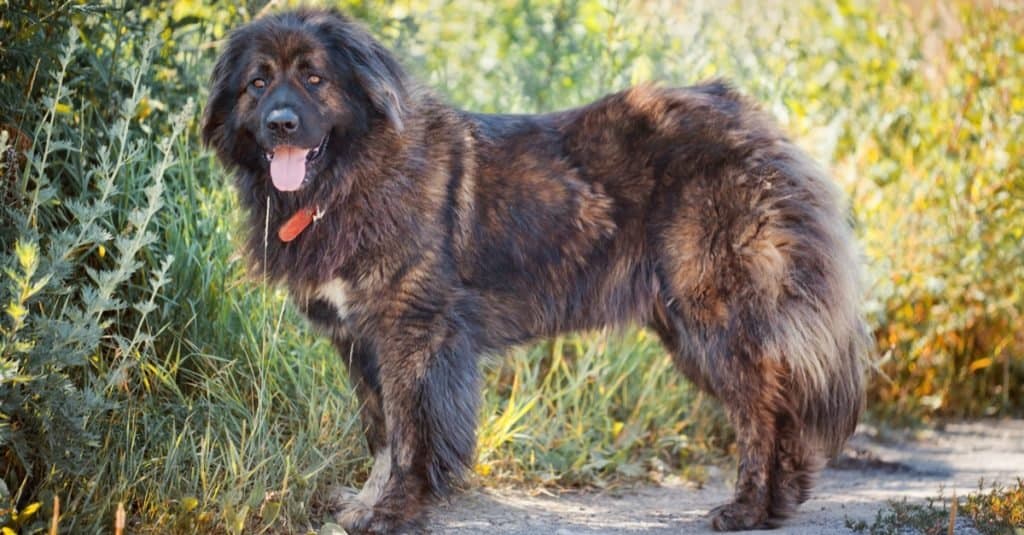
Julia Shepeleva/Shutterstock.com
Russian Bear Dog Size and Weight
The Russian Bear Dog is a giant dog breed. Full-grown males and females typically weigh between 99 and 170 pounds with a height of 23 to 30 inches. One-month-old puppies only weigh 8 to 15 pounds, but by the time the dogs are just four months old, they can weigh between 55 and 133 pounds. They may not finish growing until they are two years old.
| Height (Male) | 23 to 30 inches |
| Height (Female) | 23 to 30 inches |
| Weight (Male) | 99 pounds to 170 pounds |
| Weight (Female) | 99 pounds to 170 pounds |
Russian Bear Dog Common Health Issues
Overall, these dogs are a healthy breed. However, there are still a few potential health concerns to be aware of with this breed.
Hip dysplasia is one of the potential health concerns faced by them, as with many other large dog breeds. The ball and socket joint at the hip do not fit together properly in dogs with hip dysplasia and rub against each other. This deteriorates the joint over time and can make it very painful and difficult for a dog to walk. Surgery is often needed for this condition.
Health and Entertainment for your Russian Bear Dog
See all of our expert product reviews.
These dogs may also develop cataracts. Cataracts, which are when the crystalline lens in the eye becomes very cloudy, may be very small or could cloud the entire lens. Older Caucasian Ovcharka Dogs are less likely to develop cataracts and may require surgery.
Obesity is another common health concern faced by these dogs. Working with your veterinarian to determine the right amount of food to feed your dog and how much exercise he or she should get is important.
As a recap, here are a few of the common health problems Russian Bear Dogs may face:
- Hip dysplasia
- Cataracts
- Obesity
Russian Bear Dog Temperament and Behavior
Caucasian Mountain Dogs can be very loyal to their family members. They have protective instincts and want to keep those they love safe. However, this breed requires an experienced owner and strong training, since their distrust of strangers and other animals may lead them to display aggressive behaviors.
With proper training and a good home, these dogs will often display a more laid-back and loving personality when around the people they trust. Their personality, coupled with the right training, can make them a good addition to homes with older children.
How to Take Care of a Russian Bear Dog
Caucasian Mountain Dogs certainly are a very unique breed. And, as such, they will require unique care. Take the nutritional needs, exercise needs, training requirements, and temperament of a Caucasian Ovcharka Dog into account as you plan to care for your new dog.
The Best Dog Food for Russian Bear Dogs
Since Russian Bear dogs are so massive and prone to obesity, it’s important to give them natural, high-quality, nutrient-dense food. To build and keep lean muscle, Russian Bears need food high in protein, vitamins, and minerals.
That makes Blue Buffalo Life Protection Formula Natural Adult Dry Dog Food the perfect food for Russian Bear dogs.
It’s overflowing with antioxidants, vitamins, minerals, and protein from quality meat sources with glucosamine to reduce joint dysplasia risk and taurine to keep cataracts at bay.
Click here to get Blue Buffalo Life Protection Formula on amazon.
- REAL MEAT FIRST: Blue Buffalo foods always feature real meat as the first ingredient; High-quality protein from real chicken helps your dog build and maintain healthy muscles; Plus they contain wholesome whole grains, garden veggies and fruit
- FOR ADULT DOGS: BLUE Life Protection Formula adult dog food contains essential proteins and carbohydrates to help meet the energy needs of adult dogs, and features omega 3 & 6 fatty acids to promote a shiny coat and healthy skin
- ANTIOXIDANT-RICH LIFESOURCE BITS: A precise blend of antioxidants, vitamins and minerals carefully selected by holistic veterinarians and animal nutritionists to support immune system health, life stage needs and a healthy oxidative balance
- A NATURAL DOG FOOD: BLUE dry dog food is made with the finest natural ingredients enhanced with vitamins and minerals; BLUE contains NO chicken (or poultry) by-product meals, corn, wheat, soy, artificial flavors or preservatives
- Contains one (1) 30 lb. Bag of BLUE Life Protection Formula Adult Dry Dog Food, Chicken and Brown Rice
When looking for food for your dog, choose an option that is specifically formulated for giant breeds. These dogs should be fed high-quality food that will meet their nutritional needs. Since this breed is prone to obesity, be sure to create and stick with a meal plan and feeding times to prevent overeating. Your veterinarian is a good source if you are unsure which food is right for your pup’s specific needs or how much they should be fed each day.
A puppy has a smaller stomach than his adult parents and will need to eat smaller, more frequent meals throughout the day. Check with your veterinarian about how much food you should be feeding your puppy and how often he or she should eat.
Russian Bear Dog Maintenance and Grooming
The coat of these dogs can vary. Some dogs have long coats, while others are shorter. The length of your dog’s coat will impact how often they should be groomed, with longer-haired dogs requiring daily brushing. Shorter-haired dogs should still be brushed, but brushing once a week should be sufficient.
Don’t forget to also trim your dog’s nails as they grow in very quickly. This will keep them from getting too long and splitting or making it uncomfortable for the dog to walk. Also, check and clean their ears to keep them free of debris and wax build-up and brush their teeth regularly.
Russian Bear Dog Training
Training one of these dogs can be a challenge. This breed is best suited for experienced owners who are familiar with the training that will be required. These dogs are also very protective and do not respond well to strangers entering a home. You should begin training and socializing your Caucasian Mountain Dog as soon as you bring him or her home for the best results.
Russian Bear Dog Exercise
While these dogs are a relatively low-energy breed, they still should be given regular exercise. Take your dog for daily walks or give them time to run and play in a fenced-in backyard. Caucasian Shepherd Dogs are also prone to obesity, so making sure your dog gets enough exercise is important for helping them maintain a healthy weight.
Russian Bear Dog Puppies
Be prepared for your puppy to grow quickly. You may need to have larger crates, beds, and collars available for your pup to grow into. You should also make sure you have a safe and puppy-proof space for your dog inside your house. Remove anything that could be a potential hazard to the puppy and anything that you wouldn’t want to see damaged.
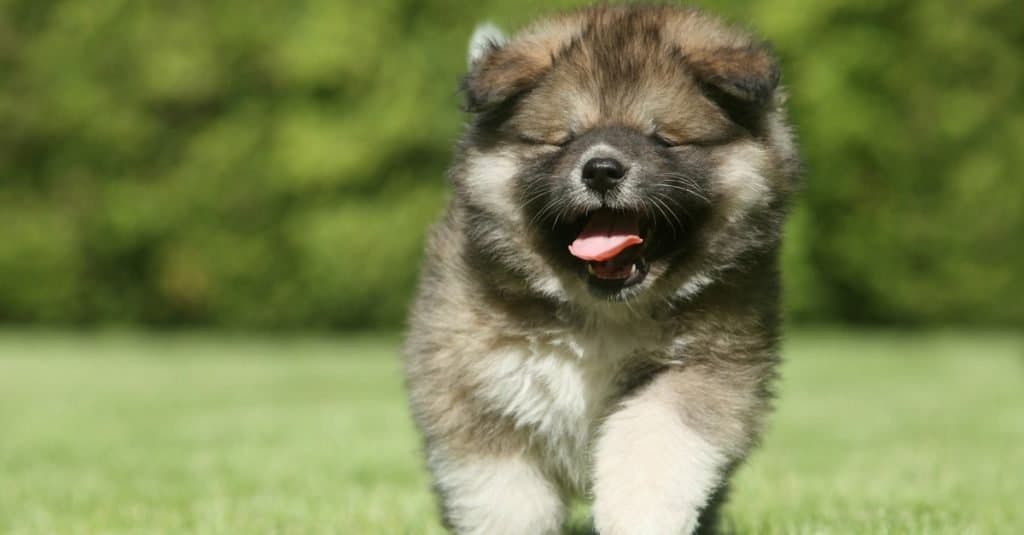
Jagodka/Shutterstock.com
Russian Bear Dogs and Children
Caucasian Shepherd Dogs can make a good family pet for homes with older children. With proper training, this breed can be very loyal and loving. They are not well-suited for homes with toddlers or young children due to their large size and less predictable behavior.
Dogs similar to Russian Bear Dog
Tibetan Mastiffs, Irish Wolfhounds, and Bernese Mountain Dogs are three breeds that are similar to the Caucasian Shepherd Dogs.
- Tibetan Mastiff: Tibetan Mastiffs and Russian Bear Dogs are both giant dog breeds. Both breeds were also created to be protective and can be challenging to own and train. Caucasian Shepherd Dogs do better with older children and families than Tibetan Mastiffs, however.
- Irish Wolfhound: Irish Wolfhounds are another giant dog breed. Like the Caucasian Shepherd Dog, they can weigh well over 100 pounds. Irish Wolfhounds are taller with an average height of 31.5 inches compared to a Caucasian Shepherd Dog’s average height of 26.5 inches. Both breeds are easy to groom and shed moderately. The Irish Wolfhound is not very territorial and will not make a great watchdog, unlike the Caucasian Shepherd Dog.
- Bernese Mountain Dog: Bernese Mountain Dogs and Caucasian Shepherd Dogs are very territorial and can both make good watchdogs. Bernese Mountain Dogs are also large, but males only weigh an average of 97.5 pounds compared to the 150-pound average weight of a male Caucasian Shepherd Dogs. Bernese Mountain Dogs are also more intelligent and easier to train than Russian Bear Dogs.
Famous Russian Bear Dogs
Looking to follow some ‘famous’ Russian Bear Dogs? Check out these fun pups on Instagram:
- Blue the Russian Bear Dog: A 3-year-old dog from Montana.
- Clifford the Russian Bear Dog: A fun-loving dog with 70 followers.
- Khaos the Russian Bear Dog: A dog who loves the outdoors and has 61 Instagram followers.
Popular Names for Russian Bear Dog
Looking for the right name for your Caucasian Shepherd Dog? See if one of the names below seems like a good fit:
- Alexi
- Viktor
- Evgeny
- Ivan
- Boris
- Natasha
- Katya
- Sacha
- Anna
- Alina
Last update on 2022-07-06 / Affiliate links / Images from Amazon Product Advertising API
View all 74 animals that start with R
Russian Bear Dog FAQs (Frequently Asked Questions)
How much does Russian Bear Dog cost to own?
The prices for purchasing a Caucasian Shepherd Dog can vary based on the breeder you choose, the dog’s genetic line, and other factors. In general, however, prices are generally between $1,000 and $2,000 for a Caucasian Shepherd. In some cases, you may be able to find a Russian Bear Dog up for adoption through a shelter. The costs of adoption should be less than purchasing one from a breeder and will likely cost a few hundred dollars.
The cost of owning a dog doesn’t stop once you bring the pet home. Your Russian Bear Dog will also need food, treats, toys, a dog bed, veterinary care, and other supplies. Be sure to factor in these prices as you are considering the cost of getting a Russian Bear Dog. The first year you own the dog, you should expect to spend at least $1,000 to $1,500. The following years will likely cost between $500 and $1,000.
Is Russian Bear Dog good with kids?
Russian Bear Dogs can make a good family pet for homes with older children. They can be very loyal and protective with the right training. However, a Russian Bear Dog is not a good choice for homes with young children. Because of their large size, they could accidentally injure a small child.
How long does Russian Bear Dog live?
The lifespan of a Russian Bear Dog is generally between 10 and 12 years.
How long does Russian Bear Dog live?
The lifespan of a Russian Bear Dog is generally between 10 and 12 years.
What is a Russian Bear Dog?
Russian Bear Dogs are a large breed dog that was bred to watch over flocks of sheep in the Caucasus Mountains. They are often referred to as Caucasian Shepherd Dogs and are sometimes even used when hunting bears.
Are Russian Bear Dogs legal in the US?
No Russian Bear Dogs are not illegal in the United States. However, some areas or apartment complexes may have rules that prohibit individuals from owning them.
Are Russian Bear Dogs dangerous?
Without proper training, Russian Bear Dogs could be dangerous. They have a very strong instinct to guard and protect, and if they feel threatened, they may attack.
Can a Russian Bear Dog kill a bear?
While Russian Bear Dogs may be used when hunting bears, it is unlikely that a Russian Bear Dog will kill a bear. However, they will scare a bear away with its large size and ferociousness.
Can you ride a Russian Bear Dog?
Riding a Russian Bear Dog would not be a good idea.
What is the difference between a Caucasian shepherd and a Tibetan mastiff?
While the Caucasian Shepherd and Tibetan Mastiff may look similar, they’re not the same. First, there’s no doubt that both breeds are rather large dogs. However, the Caucasian Shepherd is around 15 percent larger than the Tibetan Mastiff. The Caucasian Shepherd also has a distinct appearance, with lighter coat colors and a sharper, more angled head shape. As for trainability, both can be easily trained for experienced owners but may give first-time dog owners a hard time by pushing their boundaries.
Sources
- American Kennel Club, Available here: https://www.akc.org/dog-breeds/caucasian-shepherd-dog/
- Dog Time, Available here: https://dogtime.com/dog-breeds/caucasian-shepherd-dog#/slide/1
- Wikipedia, Available here: https://en.wikipedia.org/wiki/Caucasian_Shepherd_Dog
- Pet Finder, Available here: https://www.petfinder.com/dog-breeds/caucasian-shepherd-dog/
- K9 Web, Available here: https://www.k9web.com/breeds/russian-bear-dog/
- Russian Dog, Available here: https://www.russiandog.net/will-a-caucasian-mountain-dog-kill-black-bear.html

